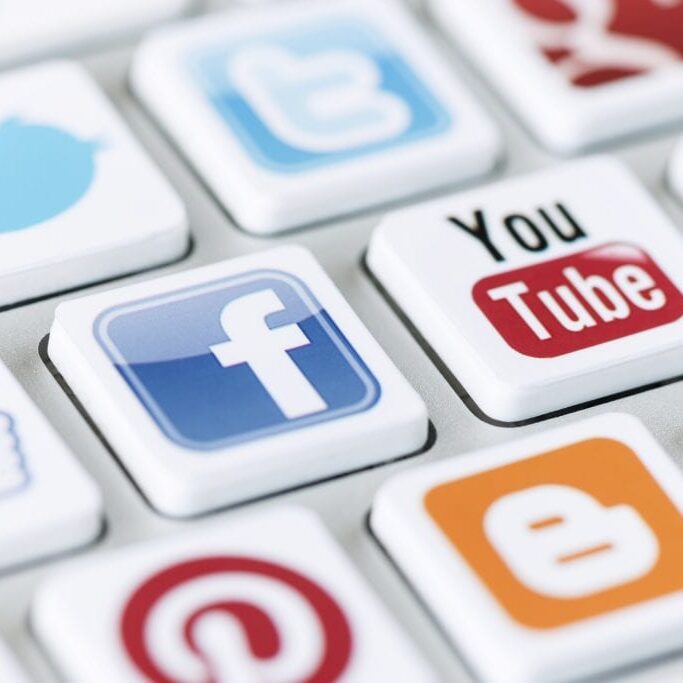Insights < BACK TO ALL INSIGHTS
Will New Facebook Rules Hurt or Help Small Businesses?
Will New Facebook Rules Hurt or Help Small Businesses?
By: Ifrah Law
Health cleanses to lose unwanted weight in a matter of weeks! Images of beautiful jewelry to be purchased at great prices that you can even resell! Personalized handbags made to order! If you have a Facebook account, it is more than likely you have seen many of these and similar posts by “friends” in your news feeds or through sharing or commenting by your friends on others’ posts. Facebook has announced that it will filter out unpaid promotional materials in user news feeds starting in January 2015.
If you run a business that uses social media as an advertising platform, you will need to be aware of these changes. Alternatively, if you have ever wondered how to curb these marketing posts, which seem to increase daily, your wishes may have been heard.
Specifically, Facebook will utilize a new algorithm to filter out posts that advertise products, such as repurposing paid advertisements and promoting sweepstakes or special deals. At first glance, it would appear that this will make it more difficult for entrepreneurs and small businesses to attain new contacts and customers, promote their brand names, and pitch products. However, while this initial fear is legitimate, it may be unwarranted in the long term, as much of the benefit that this free advertising once provided has already started to dissipate.
Unpaid as well as paid promotional posts in social media have been widely and increasingly utilized for well over a decade. The Wall Street Journal recently stated that Facebook was used as the top promotional tool by more than 80% of small businesses utilizing social media. Small businesses have lost much of the glory and benefit that unpaid advertising once provided, as news feeds have been flooded by a plethora of entrepreneurial pitches. The unpaid posts have become less effective at building a marketing channel, as users have become desensitized to the promotional pitches. Increasingly, users scroll quickly through the incessant free marketing to read more personal feeds.
Additionally, the reach of unpaid posts on Facebook has fallen in recent years. Research supports the notion that simply racking up “likes” or posting ads repeatedly does not produce the sales that were initially anticipated. In a Forrester Research Report released in November, it was suggested that on average, fewer than .1% of people interact with each post. Rather than simply acquiring numbers of user “likes”, companies should look at the value of each fan and how to more fully connect with and engage the loyal fan base. Many also believe that there is still some value to having a direct Facebook page where users can access and like the page, take advantage of special promotions, and invite friends to like and partake in the offers.
While unpaid marketing posts will be filtered, Facebook will still offer “promoted posts,” that allows businesses to pay a certain amount, starting at $5 and reaching to several thousand dollars, in order to have posts on their pages viewed by a wider pool of users. Facebook is not the only platform to seek payment for wider distribution. For a fee, Google likewise offers businesses the opportunity to “boost their ranking” in search results. It is likely that if entities have to pay a small fee for advertising, they may take a longer look at the content of the business post or material being promoted to be sure it is interesting and grabs a user’s attention.
Although start-up companies with very little initial cash may take a hit as these rules begin to take effect, small business may not see a big difference in the long term. As the saying goes, nothing of value comes for free, and it seems that the value of unpaid advertising has already fallen dramatically. Social media paid advertising is still rather cost effective when compared to other methods of advertising. Although the quantity of posts by businesses may fall, one can also anticipate that small businesses will value the content in each post. In other words, if people are paying to advertise, the quality of each post will likely improve. Small businesses will also look to other social media platforms such as LinkedIn and Twitter or perhaps the next “hot” social media outlet that offers the benefit of unpaid marketing, at least until those platforms likewise become ineffective. Small businesses may still want to use Facebook for advertising, but in a more creative, targeted way and by means of engaging with their fan base. One thing is for certain, the world of social media is ever changing and evolving, and still offers entrepreneurs and small businesses tremendous benefits, which were not present two decades ago. Social media platforms will, however, continue to review and modify the types of advertisements and promotions permitted on their sites.





